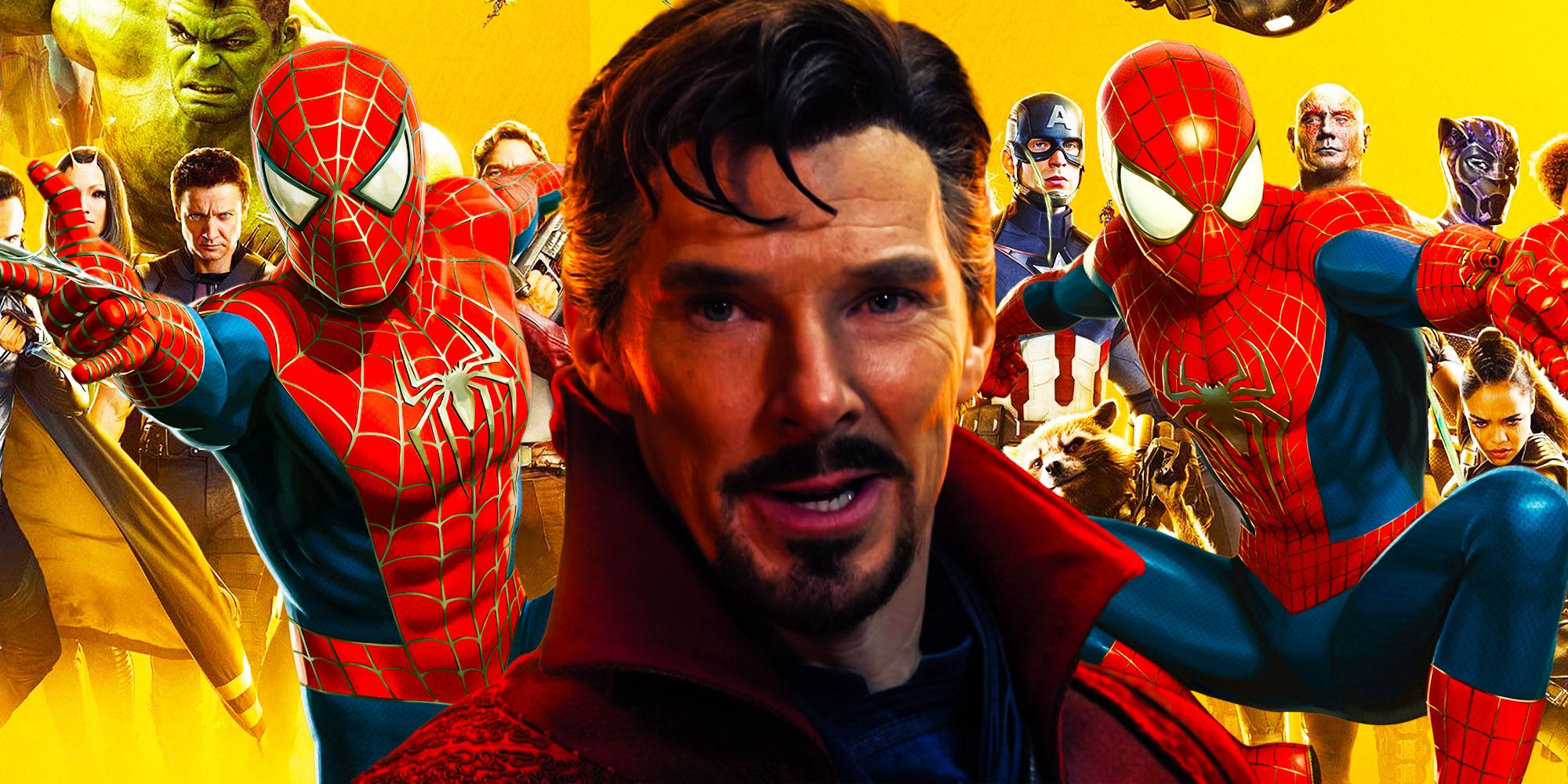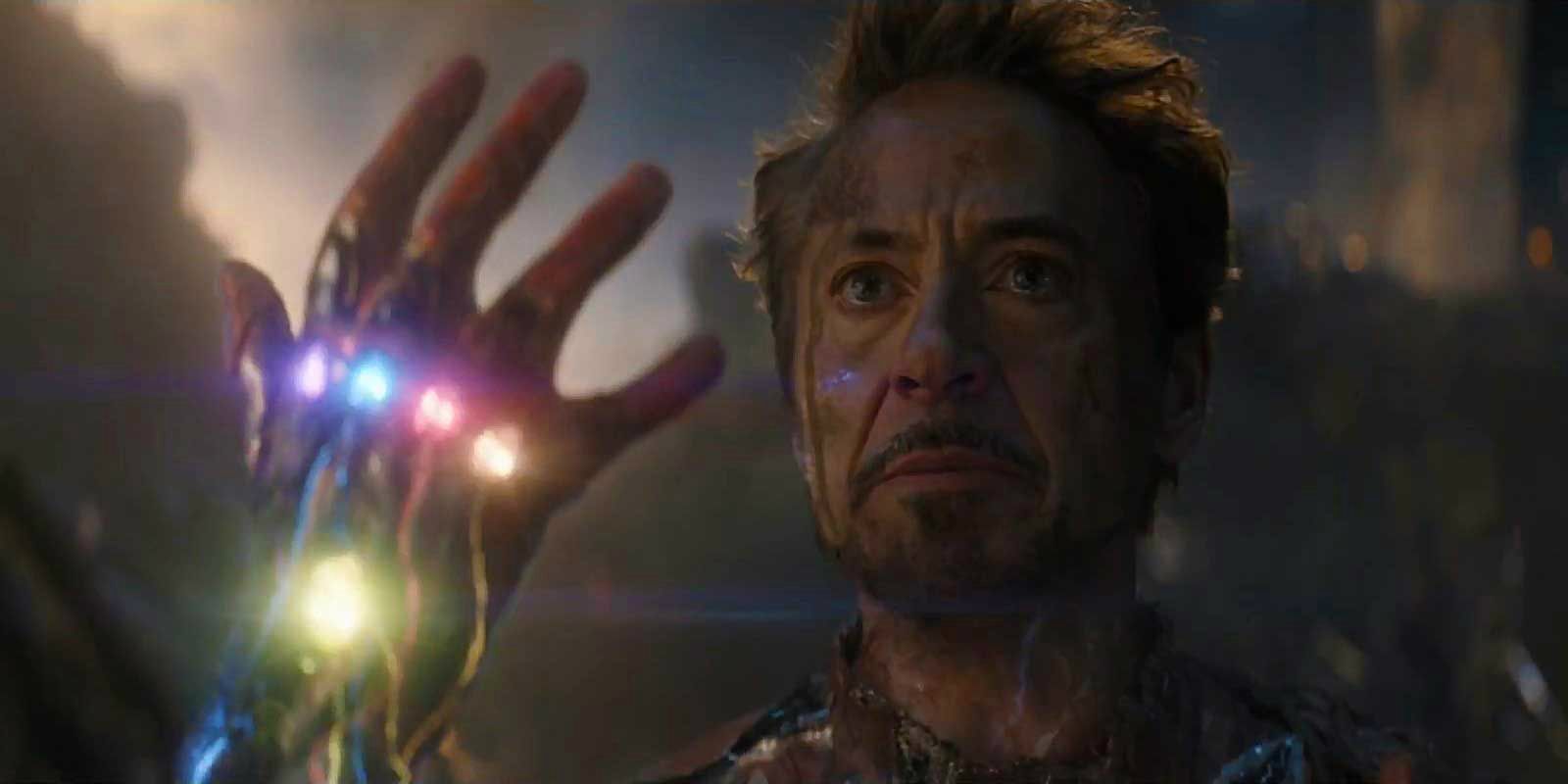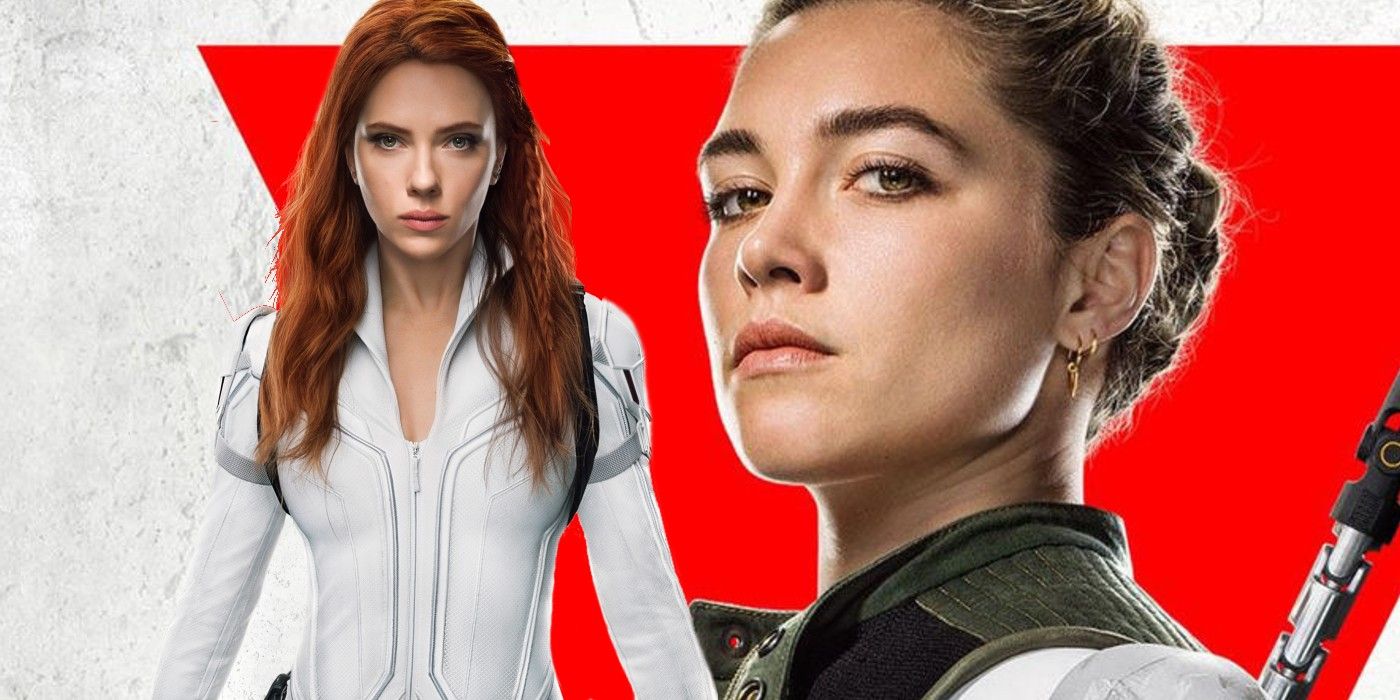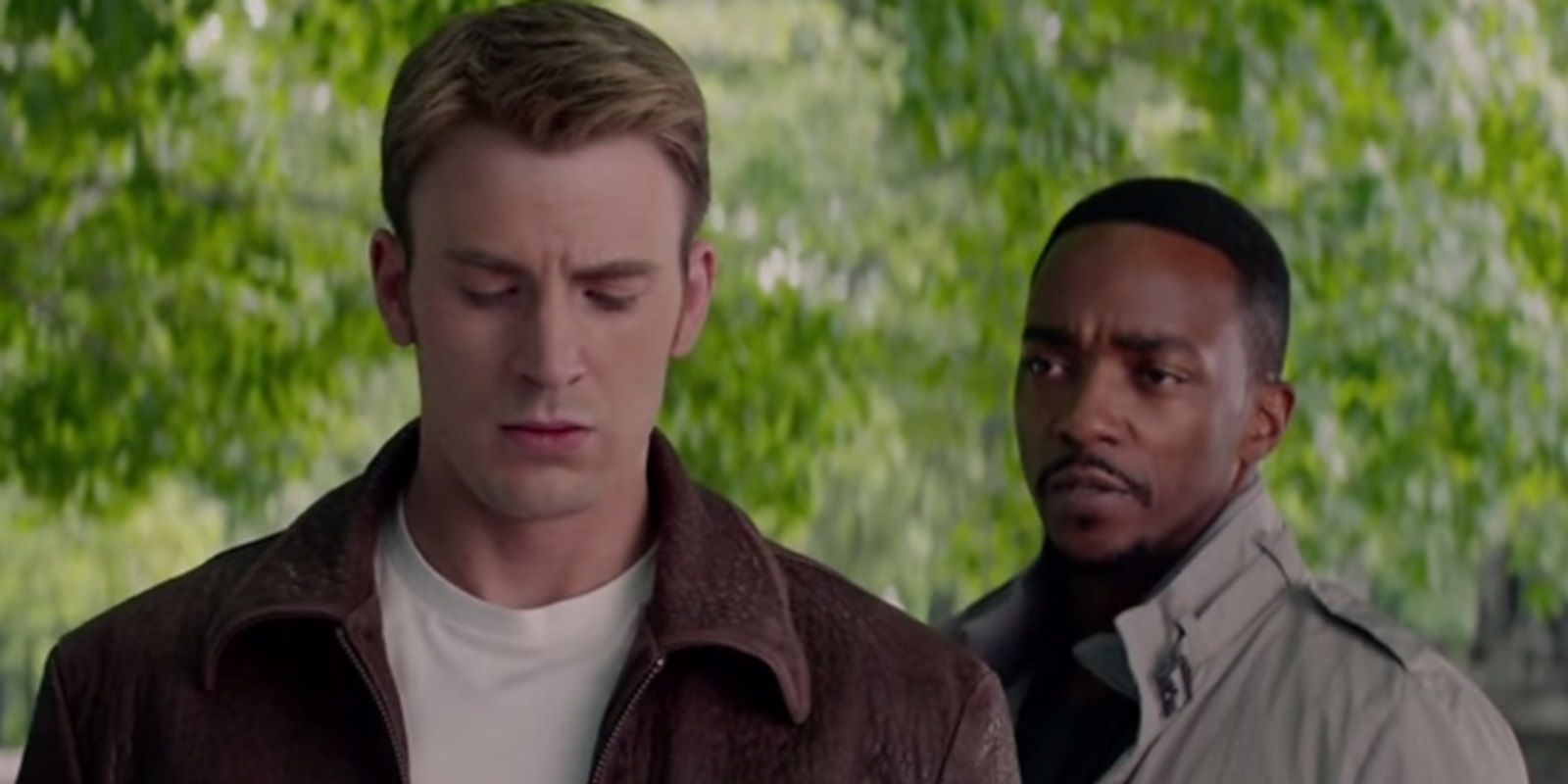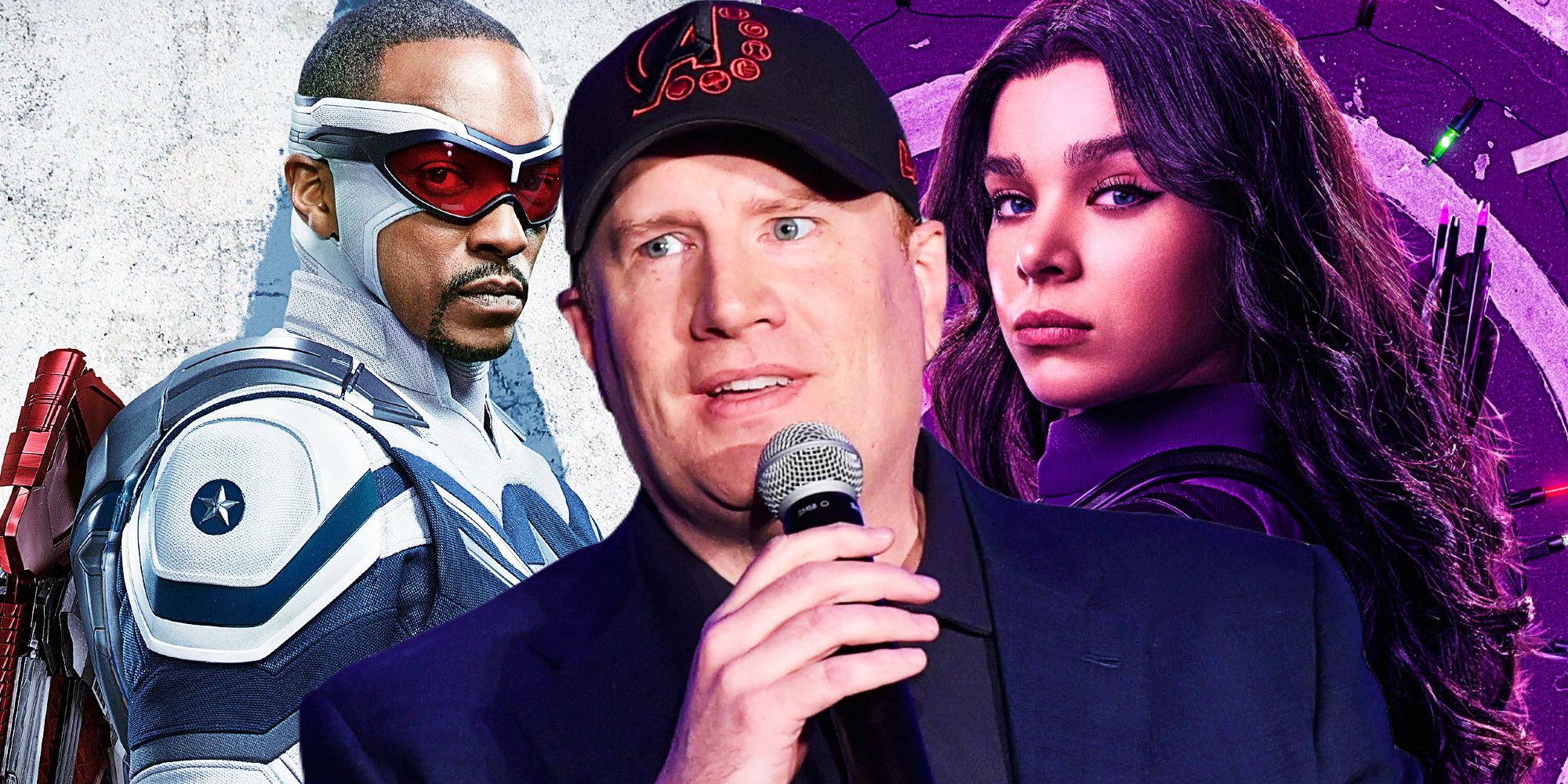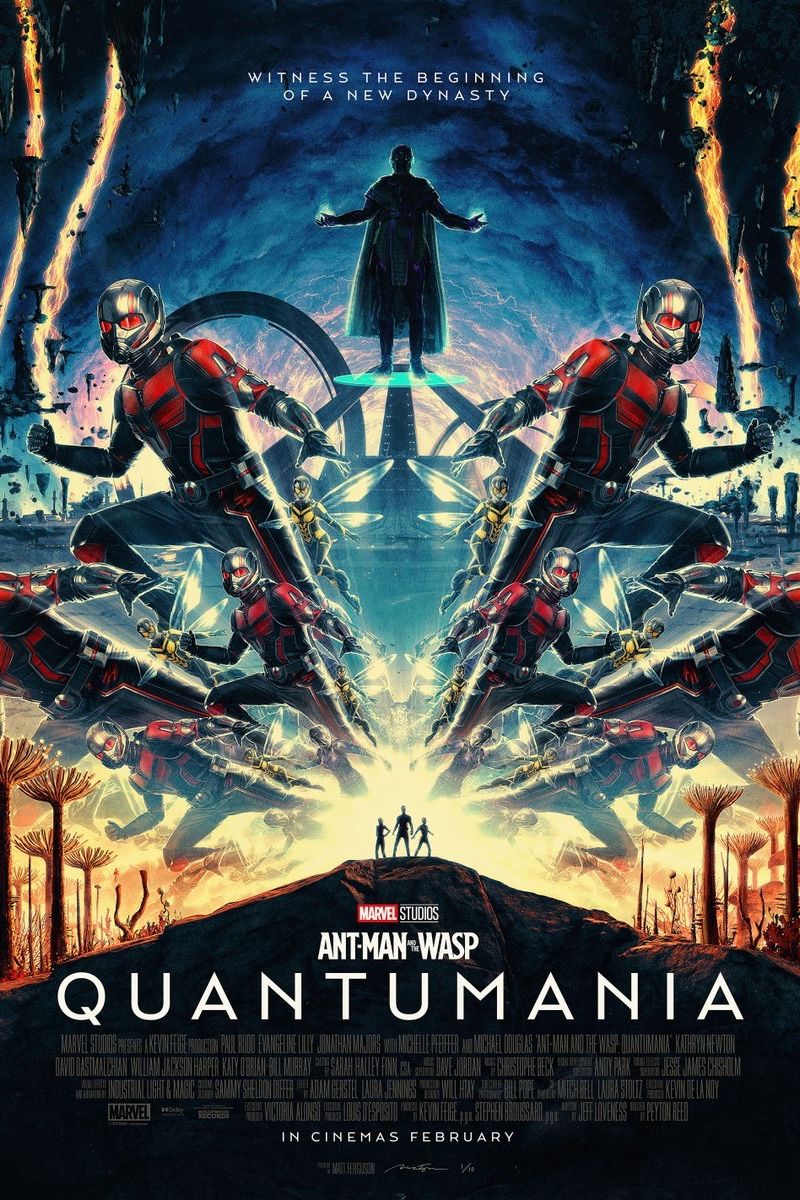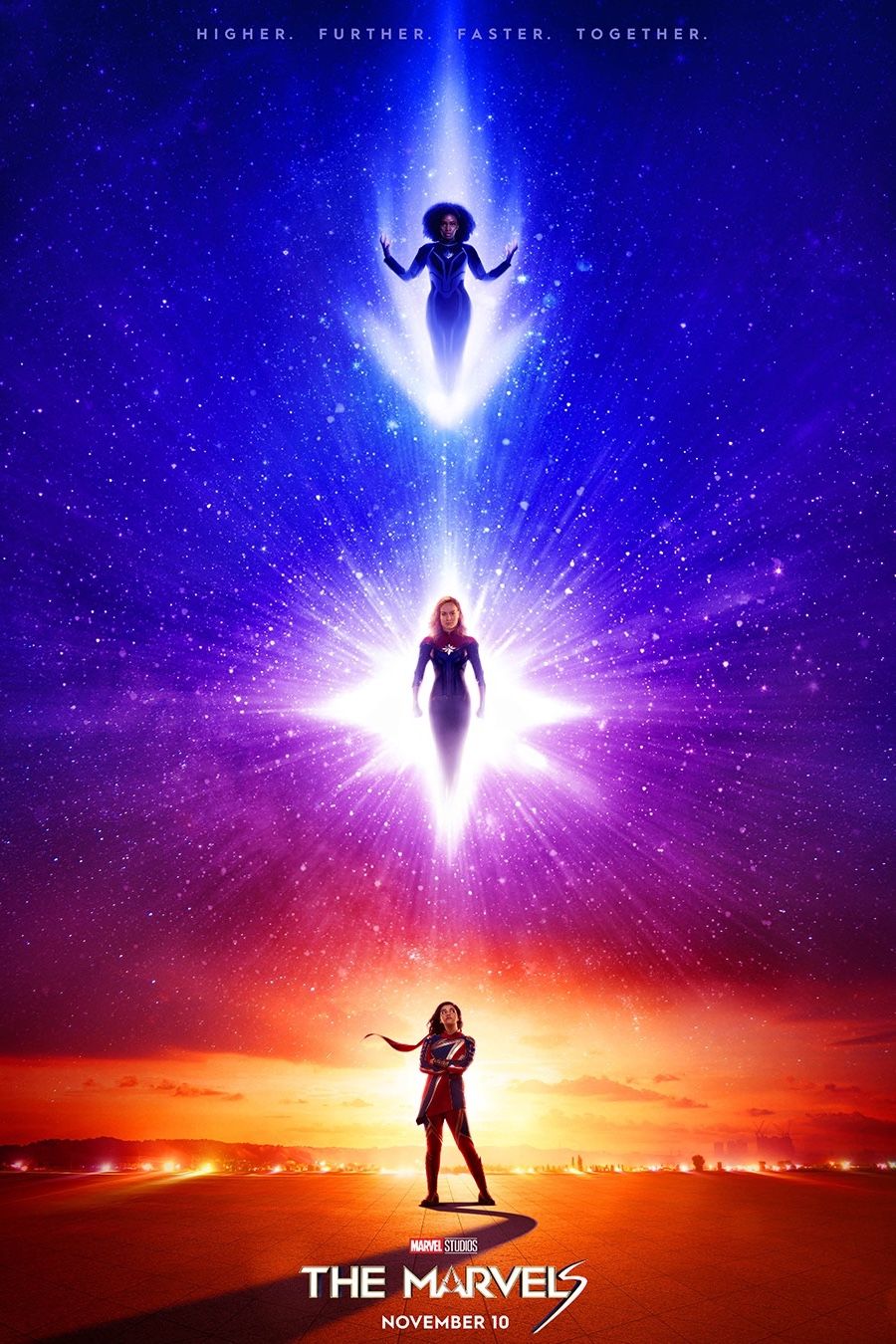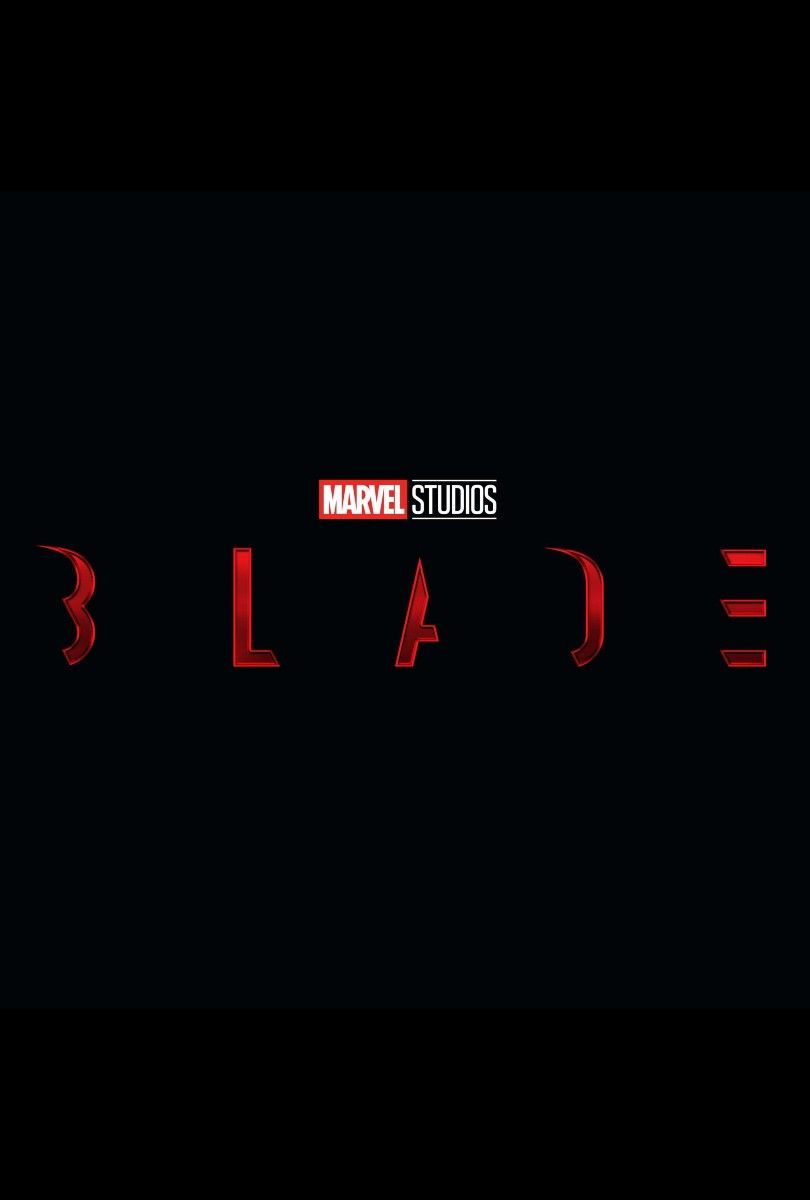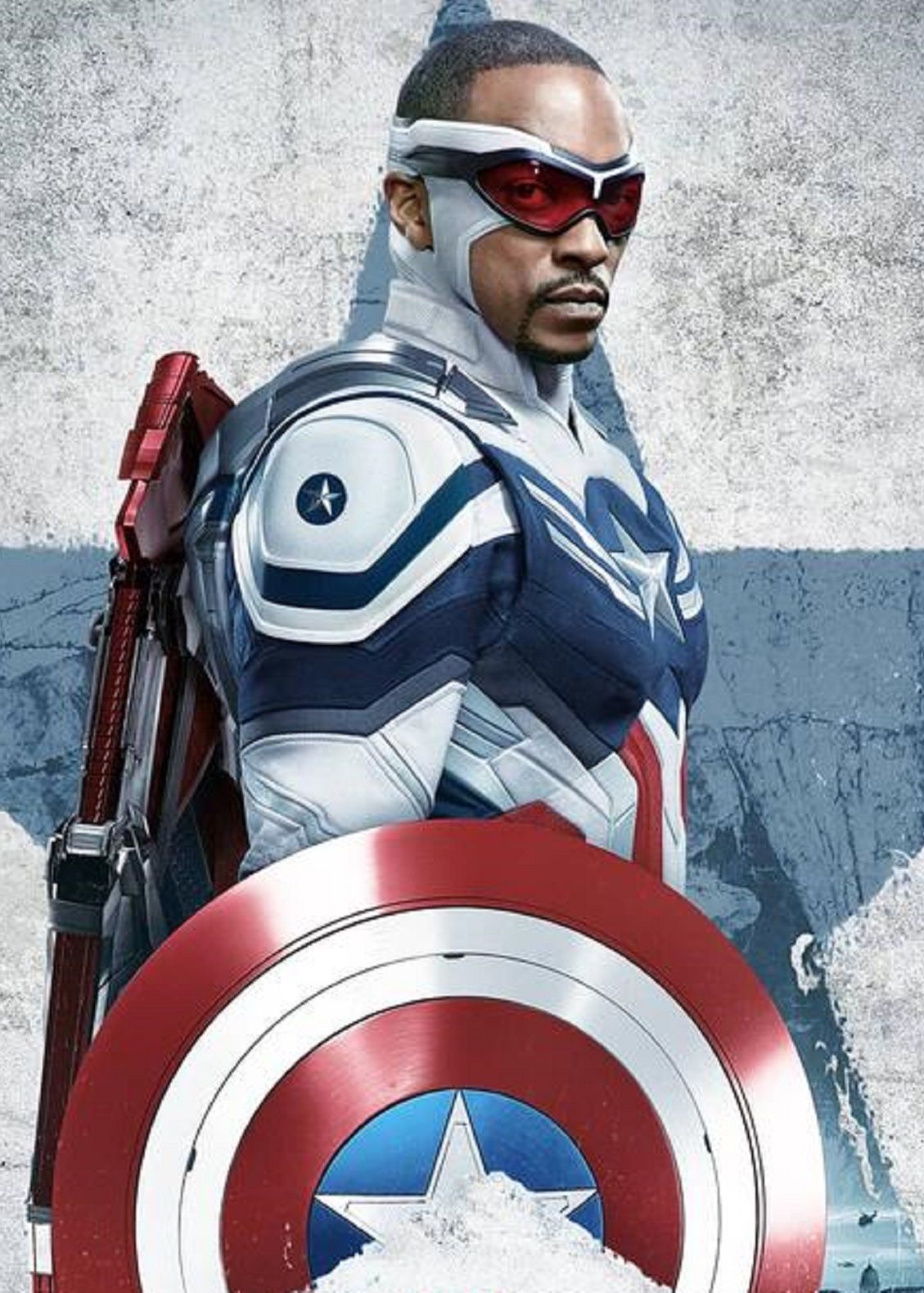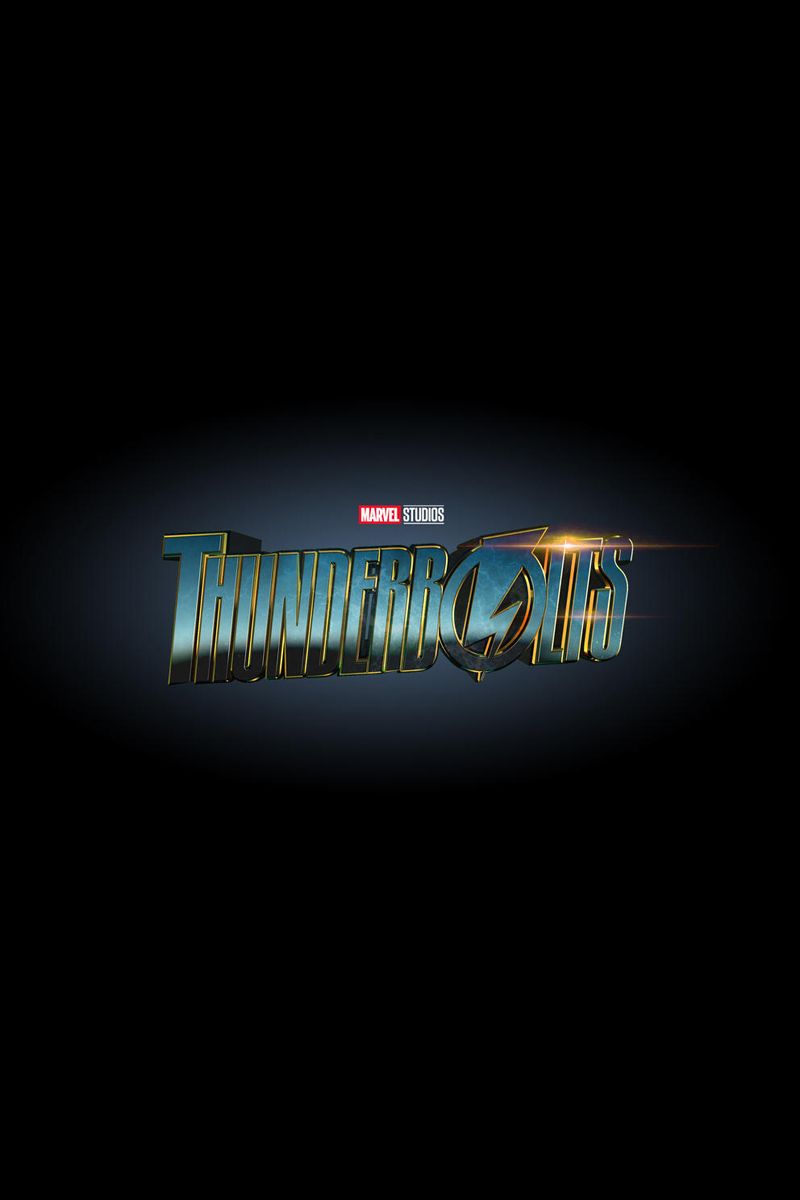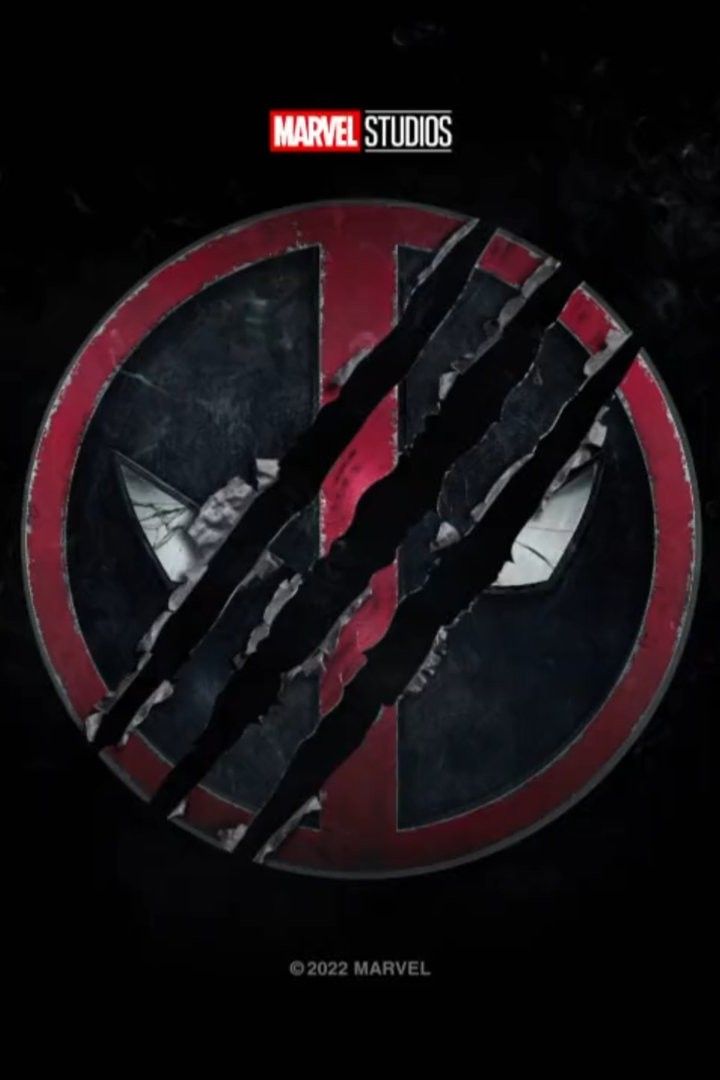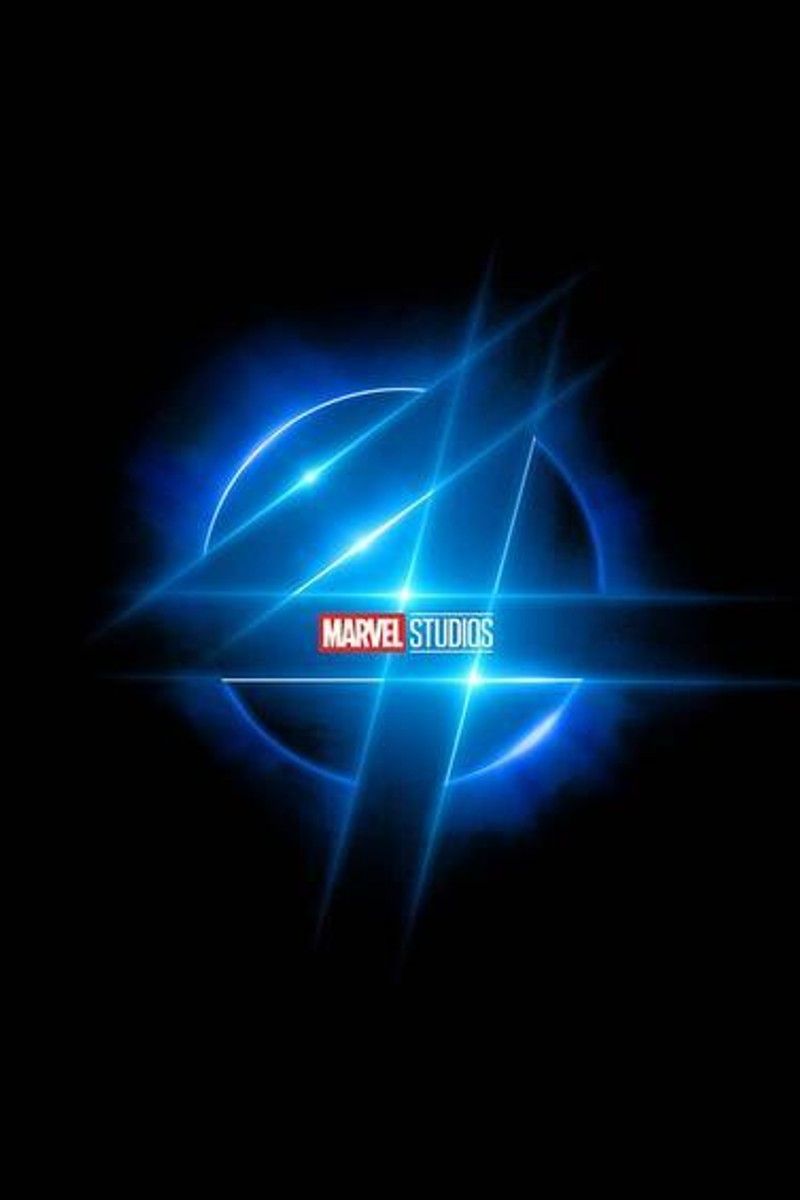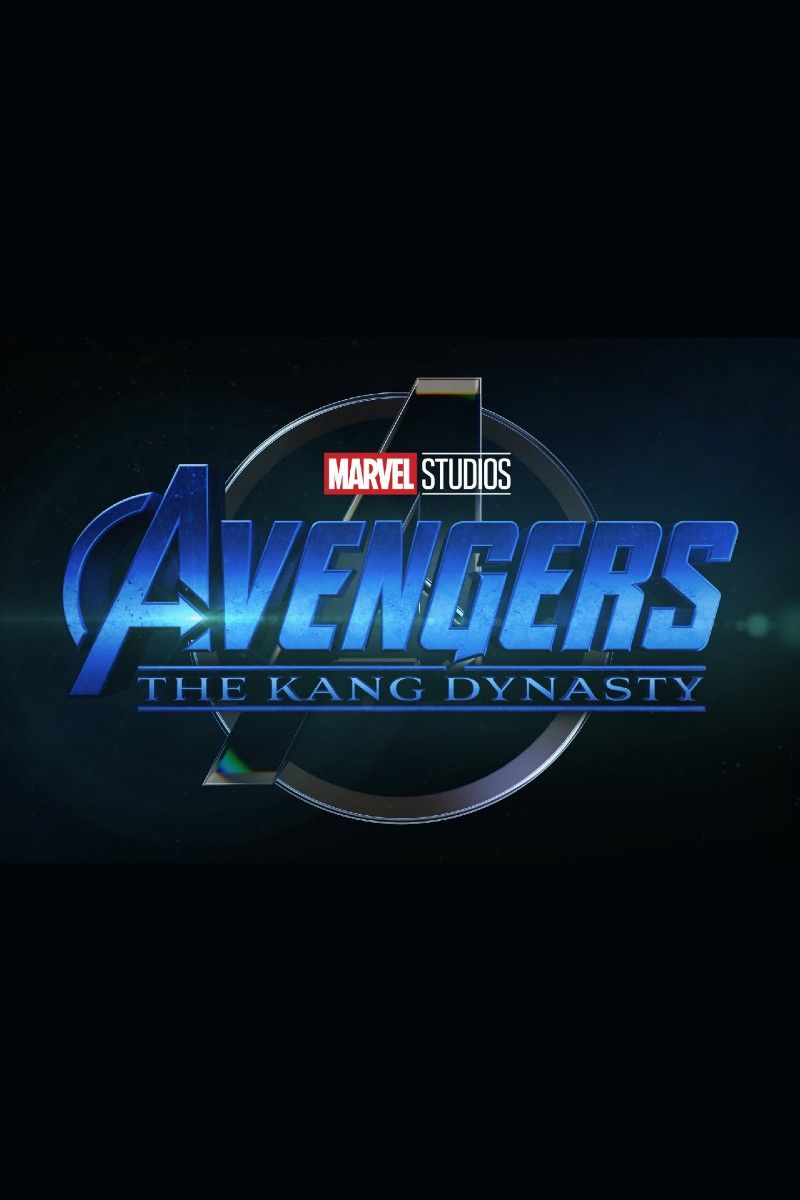At a time when many big movie franchises struggle to keep going due to actors' contracts or poor box office results, any fear of the MCU ending anytime soon is unjustified – and Marvel's Phase 4 strategy proves it. While franchises that span years are nothing to Hollywood, the idea of a shared universe involving both box office hits and TV shows running uninterruptedly for more than a decade sounded impossible until the MCU. In comparison, even giant pop culture IPs like Star Wars and Star Trek have had their time of crisis, with years going by with no major release. Naturally, this unprecedented success raises the question of how far the MCU can truly go.
The Disney brand may have done a lot to help the success of the MCU, but Marvel Studios had already found the perfect strategy to engage audiences in its very first movie, Iron Man. The partnership with ILM served to make sure that Iron Man and the powers of his suit could be well translated to screen with no workarounds, which was difficult to see in the early 2000s superhero movies (Fantastic Four: Rise of the Silver Surfer's cloud Galactus is a great example). From then on, Marvel Studios seemed to always be one step ahead of what the audiences could expect from a superhero movie, and the MCU soon became responsible for many trends in the genre – post-credits scenes, shared universes, multiverse, etc.
As unique as the MCU became, the saga still had to deal with some old issues from superhero films. The Incredible Hulk, the second MCU movie, saw star Edward Norton have creative differences with the studio, to the point that Mark Ruffalo replaced him as the Hulk in The Avengers. Iron Man 2 also saw a significant recast, with Terrence Howard being replaced by Don Cheadle after the original James Rhodes actor reportedly did not agree to his salary for the sequel. That said, as much as the MCU went and will go through common behind-the-scenes issues, it is now too big to ever need a full reboot – at least not one in the same sense as the Spider-Man or Batman franchises. Actors and properties may come and go, but Marvel's MCU Phase 4 legacy heroes and multiversal approach are proving that the MCU can continue regardless of what happens behind the scenes.
Marvel Losing Its Main MCU Stars Was Inevitable
Keeping A-list Hollywood stars signed up for more than a decade is not as easy as the MCU made it seem. Marvel Studios' method of long contracts, which has just recently changed, could have been a problem had the MCU Phase 1 movies not been a success – especially The Avengers. Samuel L. Jackson, for example, had signed a nine-picture deal before appearing in Iron Man's post-credits scene, which shows how big Marvel was aiming with that original installment. Still, even after the success of The Avengers, there were still risks regarding the continuity of Marvel's main stars.
After The Avengers, Robert Downey Jr. reportedly backed up his co-stars in a renegotiation of their contracts. Everything worked out in the end, but the time would still come when it would be impossible for Marvel to maintain all of the MCU's original big stars – either because it would get too expensive or because the actors would want to move on. That is why the aftermath of Avengers: Endgame sees the end of the journey for several big MCU characters, including Robert Downey Jr.'s Tony Stark, Scarlett Johansson's Natasha Romanoff, and Chris Evans's Steve Rogers.
MCU Phase 4 Found The Perfect Alternative To Recasting & Rebooting
Instead of successive recasts or rebooting the entire saga and starting from scratch, Marvel Studios found an in-universe strategy to work around the exits of names like Robert Downey Jr., Scarlett Johansson, and Chris Evans. The MCU timeline after Avengers: Endgame moved forward, with legacy heroes and new Marvel names joining the saga to fill up the vacuum left by original Avengers like Tony Stark and Steve Rogers. For example, Anthony Mackie's Sam Wilson is now Captain America, and given how the actor only joined the franchise in 2014, he likely has a relatively long future in the MCU ahead of him.
Likewise, Black Widow established its titular moniker as a title, with Florence Pugh's Yelena stepping up into the Black Widow role after the death of Natasha Romanoff. Another example is that, after the tragic passing of Chadwick Boseman, Marvel decided not to recast the role – and Black Panther: Wakanda Forever became an ensemble film instead. Superheroes' mantles being passed over to a new generation are common in the comics, and that is now being incorporated into the MCU.
The MCU Is Now Bigger Than Any Individual Character
While famous superhero franchises like Sony's Spider-Man and Warner Bros.' Batman were very dependent on the directors and on the actors who played the titular characters, to the point that the exits of names like Sam Raimi or Christian Bale meant complete reboots, the MCU has now grown too big to depend on one person only. Tony Stark or Steve Rogers may no longer be available, but names like Doctor Strange, Captain Marvel, and the Scarlet Witch have just now hit their peak in popularity, not to mention the relatively new addition of Spider-Man into the mix.
Not only that, but there are still major Marvel characters and properties yet to be added to the MCU, such as Blade, the X-Men, and the Fantastic Four. One of the reasons why even lesser-known comic book heroes like the Guardians of the Galaxy or Scott Lang's version of Ant-Man do so well at the box office is because of the power of the MCU brand, a result of years of successful movies, which is why the franchise does not need to rely on one character or actor only — not even Robert Downey Jr.'s Iron Man.
Phase 4 Proves The MCU May Never Need To End (But Does Need To Adjust)
Despite the ability to move past Avengers: Endgame with some solid box office results like those of Spider-Man: No Way Home and Doctor Strange in the Multiverse of Madness, MCU Phase 4 still hasn't achieved the status of one critically acclaimed movie after another. Releases like Black Widow, Eternals, and Thor: Love and Thunder have been divisive, with criticisms regarding MCU fatigue becoming relatively common – and the same can be said about the Disney+ Marvel shows.
Even if Marvel has found a way to keep its franchise going without some of its A-list characters, the MCU will need to adjust to make sure that this new era of the saga can be sustainable. The confirmation of Kang as the MCU's next Thanos, the announcement of the Multiverse Saga culminating into two Avengers movies in 2025, and the arrival of both the Fantastic Four and the mutants are some examples of what is currently adding a breath of fresh air to the franchise. After Marvel's Phase 4 setup, Phases 5 and 6 confirm that the MCU is still far from ending.

